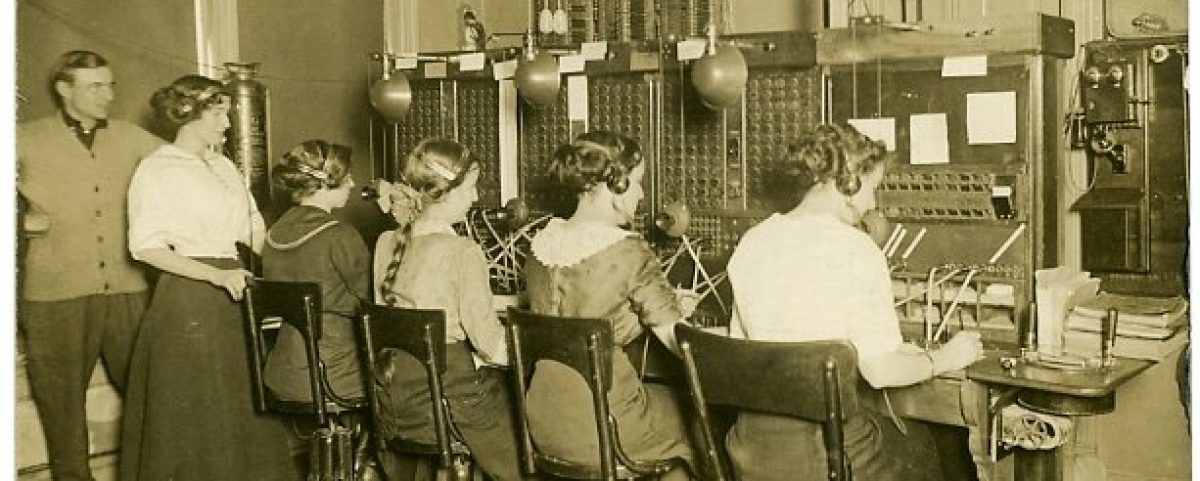 In constructing the annals of a time when harrowing warfare came to communities all along the Chesapeake Bay I’ve spent lots of time searching for long forgotten manuscripts and newspapers that were penned long ago. These aging letters, newspaper accounts, diaries and other sources from everyday people open a window on history, providing glimpses of those terrifying times. I’ve found these items stashed deeply away in archives and stored in trunks in someone’s attics. Here is one from the Chestertown Transcriptin 1887.
In constructing the annals of a time when harrowing warfare came to communities all along the Chesapeake Bay I’ve spent lots of time searching for long forgotten manuscripts and newspapers that were penned long ago. These aging letters, newspaper accounts, diaries and other sources from everyday people open a window on history, providing glimpses of those terrifying times. I’ve found these items stashed deeply away in archives and stored in trunks in someone’s attics. Here is one from the Chestertown Transcriptin 1887.
Stephen Kennard, an African-American living in Still Pond (Kent County), passed away in 1887 at the age of 94. Born well before the Civil War tore the nation apart, he had been a slave, the property of Christopher Fields. When the British sailed into the Chesapeake in 1813, attacking and plundering villages, the man in his early 20s resided on a farm near Galena.
The night before the redcoats assaulted Fredericktown and Georgetown, Stephen and a group of slaves were sent across the river with shovels and “several old fowling pieces” to work on the breastworks on the north side of the Sassafras. Laboring as fast as they could, for time was growing short, they hastily strengthened the low earthen wall.
The next day unimaginable horror came to the beautifully situated villages on the Sassafras as a detachment of enemy barges and boats ascended the river. While citizens prepared for a “baptism of fire,” the militia at the breastworks at Pearce’s Point made a defense as the English rowed toward the hastily put up fort, according to the History of Kent County. With a general discharge of grape, canister, slugs, rockets and musketry creating quite a noise, fear was rampant as people prepared to meet their fate at the hands of the invaders. In the confusion, the local militia in danger of being captured, retreated from the field.
Stephen attempted to fire his old piece without success, and as the British marched on the defenders he decided to make his way back across the river in his old boat, in order to return home. While rowing across the water, one of the British barges captured him, the victorious party carrying the young man with them to Georgetown.
There he witnessed the firing of the village by the invaders. “He saw a beautiful woman . . . promenading arm and arm, with the commanding officer.” The lady was Miss Kitty Knight and by her request the house at the top of the hill and the one adjoining it was spared the torch. When the order was given to re-embark, Stephen leveraged that confusion to his advantage, slipping away from the troops and making his way home through Georgetown Crossroads.
Such was one old man’s account about a May in 1813, recalled around the time of his death by a Kent County newspaper. Of course, the source must be evaluated for validity and context, but the first challenge is to locate the material.

Like this:
Like Loading...

 In constructing the annals of a time when harrowing warfare came to communities all along the Chesapeake Bay I’ve spent lots of time searching for long forgotten manuscripts and newspapers that were penned long ago. These
In constructing the annals of a time when harrowing warfare came to communities all along the Chesapeake Bay I’ve spent lots of time searching for long forgotten manuscripts and newspapers that were penned long ago. These 